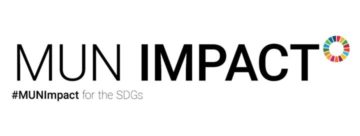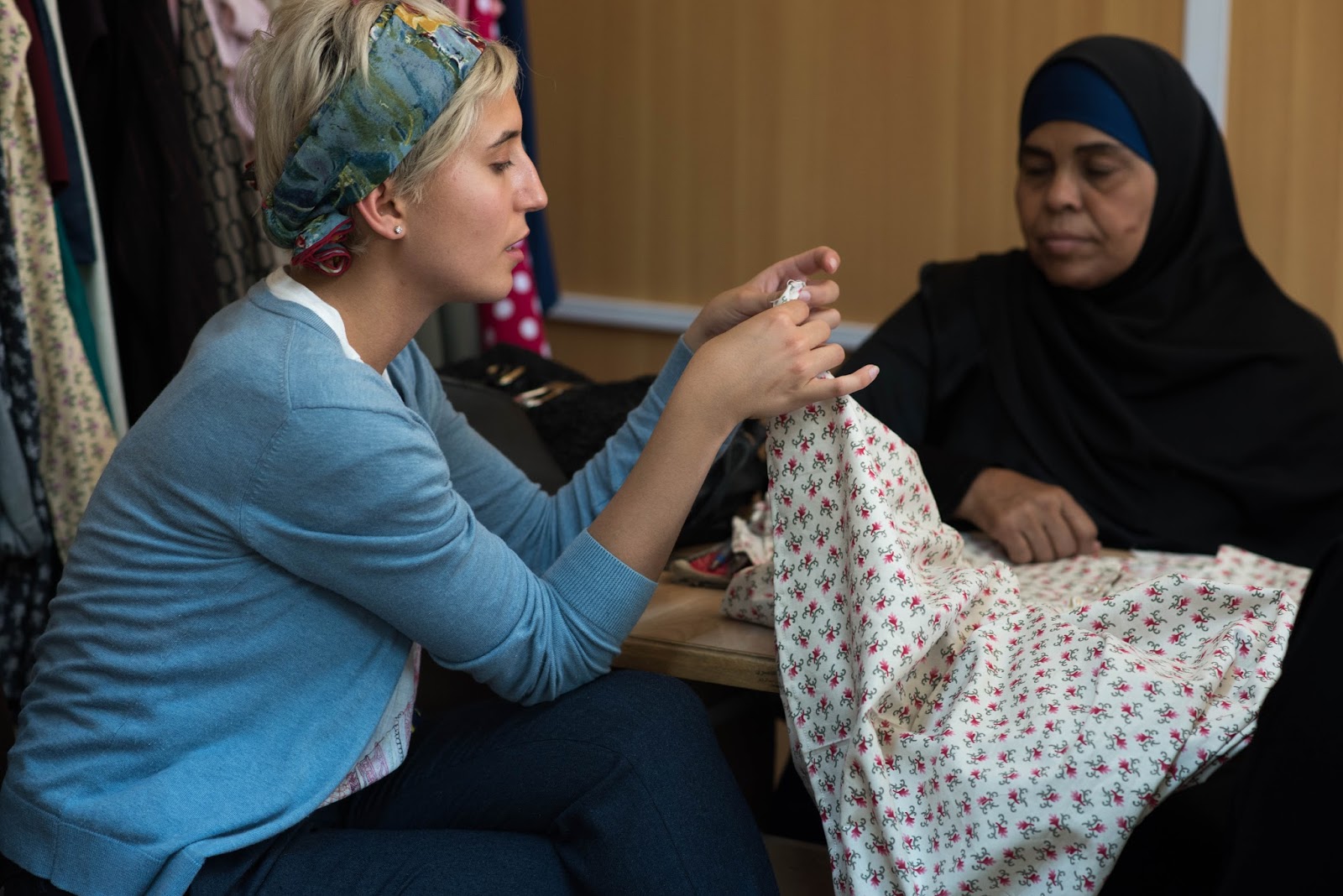By Alya Al-Ammari, Co-Founder of Maharat Sewing Project
__________________________________________________________________________
In high school, Model United Nations was the highlight of my sister, Maryam, and I’s weekly routine. We waited patiently for Wednesday to come, the day we had MUN club. We would wake up at 5 am, travel an hour from Saudi Arabia to Bahrain to get to our school, sit through class, and hurry to our MUN advisor’s classroom when it got to three o’clock. We were were equally passionate about learning, debating and critically thinking about the different crises or current events each week with our classmates.
As school progressed, we each became presidents of the club, spending hours at home researching, making presentations and handouts, and creating games to test our peers on their MUN and world knowledge. Though we were in the thick of MUN, completely immersed in every conference and meeting, we felt removed from the events we were actually talking about. We’d discussed every economic, political, and social issue at length, but still felt like we were on the sidelines, looking over them but not engaging fully.
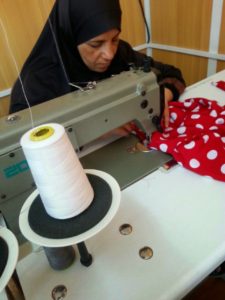
Problem solving is a core part of the MUN experience. The goal of each committee is to produce a resolution that mirrors those produced by the United Nations that offers solutions to pressing issues. Delegates have to answer every what, who, how, when and why question that is thrown at them during debate while staying sensitive to the values of the countries they are representing and so build valuable critical thinking and problem solving skills. These are the most valuable skills Maryam and I learned by participating in MUN and the skills that inspired us to step beyond MUN by setting up our charitable project, the Maharat Sewing Project.
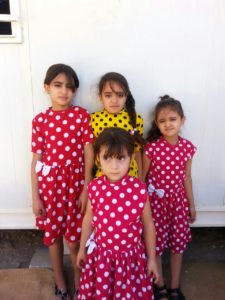 Maharat targeted one of the biggest problems of our region at the time- the refugee crisis. A topic that came up time and time again in MUN, we couldn’t help but feel this was the most pressing issue to us. My sister and I, armed with our MUN knowledge, set off to Jordan to develop a small sewing center in Dhlail, near the Jordanian border with Syria, where Syrian and Palestinian refugee and impoverished Jordanian women would be taught how to sew. The women would be able to graduate from the sewing course with valuable and employable skills that would help them provide an income for their family.
Maharat targeted one of the biggest problems of our region at the time- the refugee crisis. A topic that came up time and time again in MUN, we couldn’t help but feel this was the most pressing issue to us. My sister and I, armed with our MUN knowledge, set off to Jordan to develop a small sewing center in Dhlail, near the Jordanian border with Syria, where Syrian and Palestinian refugee and impoverished Jordanian women would be taught how to sew. The women would be able to graduate from the sewing course with valuable and employable skills that would help them provide an income for their family.
We returned to Saudi Arabia with ideas flowing and the project already in motion. With her experience in sewing, Maryam was able to write a suitable and practical curriculum for the women to learn. I began organising fabric drives, football tournaments, and auctions to raise resources for Maharat. We returned to Jordan and in association with the Dhlail Women’s Centre, the Maharat Sewing Project launched in May 2014.
What began as a topic we had discussed in MUN, resulted in the launch of a charitable project that is on it’s way to becoming self-sustaining and has seriously impacted the community that it’s based in. The women that complete the course are able to come back and use our facilities to jump-start their own businesses, support their families, and most importantly, meet and befriend other like-minded and driven women in the same situation.
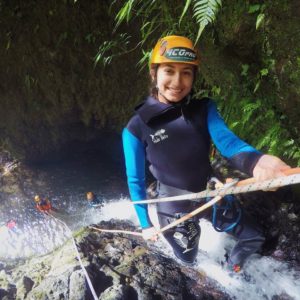
Maryam and I have since graduated from high school and retired from Model United Nations. However, if it weren’t for our commitment to MUN and our constant exposure to the important events and issues around which it centres, Maharat would have never come to fruition. It was able to spark an interest which ignited a project that has far outlasted our days of MUN.
For more information go to http://maharatsewing.blogspot.nl/.
